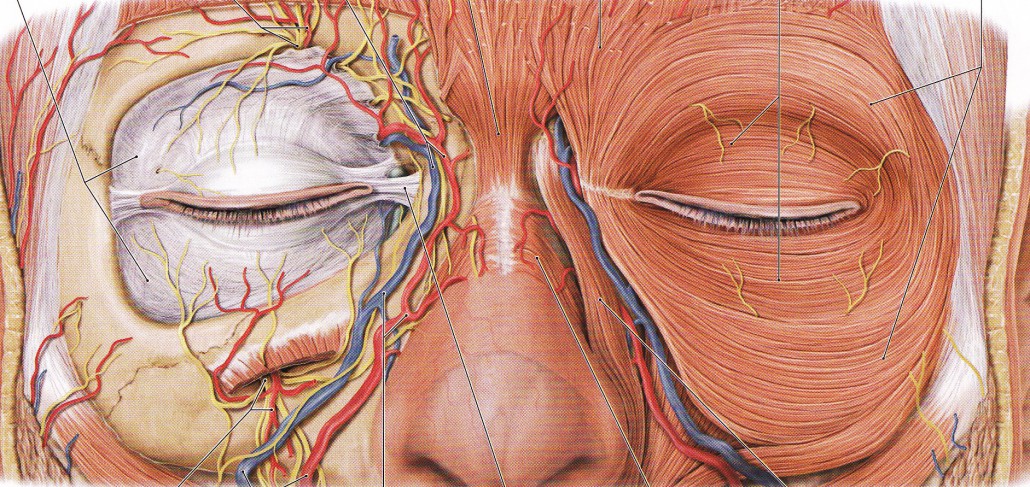Biodynamic Cariovascular Therapy Blog

Biodynamic Terminology Part 1
Afferent Palpation Skills. The practitioner’s hands are afferent (sensory) the majority of time when in contact with the client. Also receptive hands. A basic element of receptive hands is that they are more in extension than flexion when in contact with the client. They generally sense the biodynamic and biokinetic activity in the client as […]
Coherent Breathing: The Fundamental Quiescent Rhythm
http://bti.edu/continuing-education/craniosacral-therapy http://bti.edu/continuing-education/craniosacral-therapy Coherent Breathing is a registered trademark of COHERENCE LLC.Fundamental Quiescent Rhythm is a trademark of COHERENCE LLC.Stephen Elliott is the originator of The Coherent Breathing method. Coherent breathing is a very simple breathing technique of taking 5 breaths per minute. The purpose of this type of breathing is to increase heart rate […]
Interpersonal Neurobiology: Knowledge, Skills and Abilities
Interpersonal neurobiology (IPNB) can be understood as the cardiovascular and neurological self-regulation of the mind-body in relationship with another person. It has two components: (1) internal or autonomous self-regulation through conscious awareness of the body from the inside, called interoceptive awareness; and (2) self-regulation occurring socially in relationship through the social nervous systems and brains […]
Therapeutic Presence Part 4: Attunement
Attunement in a therapeutic relationship means to be able to attune to one’s self and the client but also to the space immediately around the practitioner and client’s bodies, to the office space and to nature and then back cyclically. It involves the spontaneous and deliberate movement of attention between these boundaries of awareness very […]
Therapeutic Presence Part 3: Embodied Compassion
In the last two posts, I talked about interpersonal neurobiology and mindfulness. Now I would like to share a practice I teach students. This builds compassion in the therapeutic relationship and anywhere else you might be relating with people. Compassion Meditation: Coming into a deeper relationship with your heart Step 1: A Brief Body Scan […]
Therapeutic Presence Part 2
In part one I discussed interpersonal neurobiology in how important it is to our understanding of how nervous systems and cardiovascular systems synchronize with each other as we become a two-person biology. Now I would like to discuss how it is that we sort out who is who in the therapeutic relationship. This is done […]
Therapeutic Presence Part 1
I’d like to talk a little bit about therapeutic presence. Since the 1950s the psychological literature has stated that people get better in a therapeutic relationship not by the technique that is used but rather by the presence of the therapist. What exactly is presence? In the contemporary therapeutic context there is a lot of research in what […]
